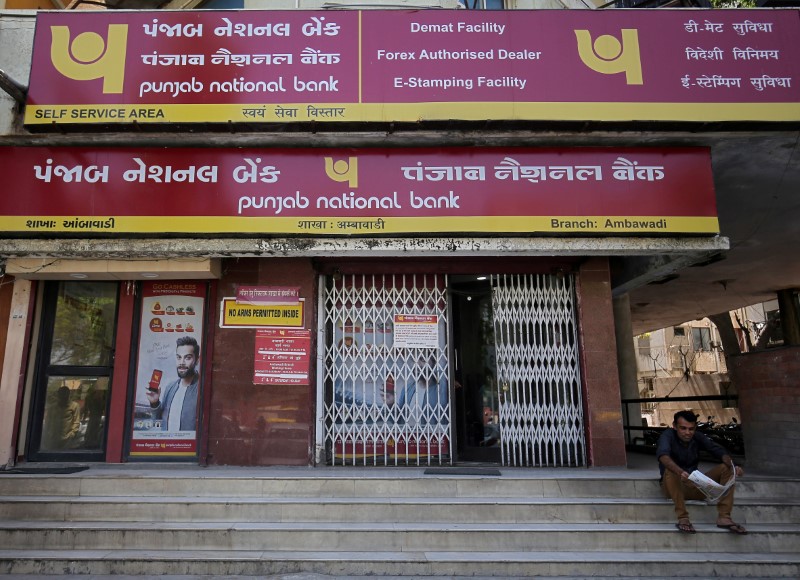
Most Asian markets edged higher on Monday, with Malaysian stocks recovering after dropping at the open as markets reopened after an election. Meanwhile, oil prices were slightly lower, paring more gains after touching multi-year highs last week.
The FTSE Bursa Malaysia KLCI recovered after recording early losses of more than 2 percent to gain 0.43 percent as investors digested last week’s surprise election victory by an opposition alliance. MSCI’s ETF of Malaysian shares had dropped more than 6 percent following the result last week. Meanwhile, the Malaysian ringgit traded at 3.9430 to the dollar at 12:05 p.m. HK/SIN after earlier sliding by almost 1 percent.
Still, shares of Malaysian firms linked to the Barisan Nasional coalition, which lost the election, declined, but pared sharper falls seen earlier: CIMB Group dropped 5.94 percent and AirAsia Group was lower by 4.59 percent.
Stabilization in the stock market came as the new administration, led by new prime minister Mahathir Mohamad, named three ministers to his cabinet over the weekend.
In Tokyo, the Nikkei 225 firmed to trade 0.36 percent higher and the broader Topix edged up by 0.52 percent. The real estate subindex advanced 3.2 percent, while precision machinery and mining stocks traded lower.
Elsewhere, the Kospi erased early gains to slip 0.21 percent, with heavyweight Samsung Electronics declining 2.73 percent and weighing on the index. Other technology sector stocks fared better, with LG Display higher by 0.43 percent, and steelmakers mostly advanced.
Hong Kong’s Hang Seng Index jumped 1.28 percent while mainland markets saw slimmer gains. The Shanghai composite edged up by 0.55 percent and the Shenzhen composite added 0.2 percent.
Down Under, the S&P/ASX 200 drifted higher by 0.24 percent as the energy and materials sectors led gains on the index.
Meanwhile, MSCI’s broad index of shares in Asia Pacific excluding Japan rose 0.52 percent in Asia afternoon trade.
That followed the mostly higher close stateside on Friday amid gains in energy shares — following President Donald Trump’s announcement that he would withdraw the U.S. from the Iran nuclear deal. That capped off a strong week, which saw the Dow rise 2.3 percent — its biggest weekly gain since March. The S&P 500 and Nasdaq advanced 2.4 percent and 2.7 percent, respectively.
Oil prices extended losses on Monday after slipping in the last session, but still relatively close to more than three-year highs touched recently. Brent crude futures were off by 0.6 percent at $76.66 per barrel and U.S. West Texas Intermediate slipped 0.41 percent to trade at $70.41.
Meanwhile, trade was back into focus after Trump said in a Sunday tweet that he was working with Chinese President Xi Jinping to give Chinese telecommunications equipment maker ZTE “a way to get back into business, fast.”
The U.S. government had imposed a ban on U.S. companies from supplying ZTE with technology after the Chinese company was found to have illegally shipped equipment to Iran.
With the second leg of U.S.-China trade negotiations expected in the week ahead, the move by Trump was seen by some analysts as a concession from the U.S. side.
“While some might be unsettled at prospects of trade confrontation, we would argue that the U.S. is acting as a rational actor … And rational U.S. behavior would almost certainly mean that the administration would not choose a mutually destructive trade outcome,” Chang Wei Liang, a strategist at Mizuho Bank, said in a note.
In corporate news, Commonwealth Bank of Australia‘s chief financial officer, Rob Jesudason, has resigned with immediate effect, with Alan Docherty taking on the position of Acting CFO Monday, the lender said. CBA is one of several banks part of an inquiry into the financial sector in Australia. Shares reversed early losses to track higher by 0.25 percent.
In currencies, the dollar index, which tracks the greenback against a basket of currencies, was softer at 92.424, after trading as high as the 93.4 handle last week. Against the yen, the dollar extended losses to trade at 109.34 at 12:05 p.m. HK/SIN.
— CNBC’s Fred Imbert contributed to this report.

